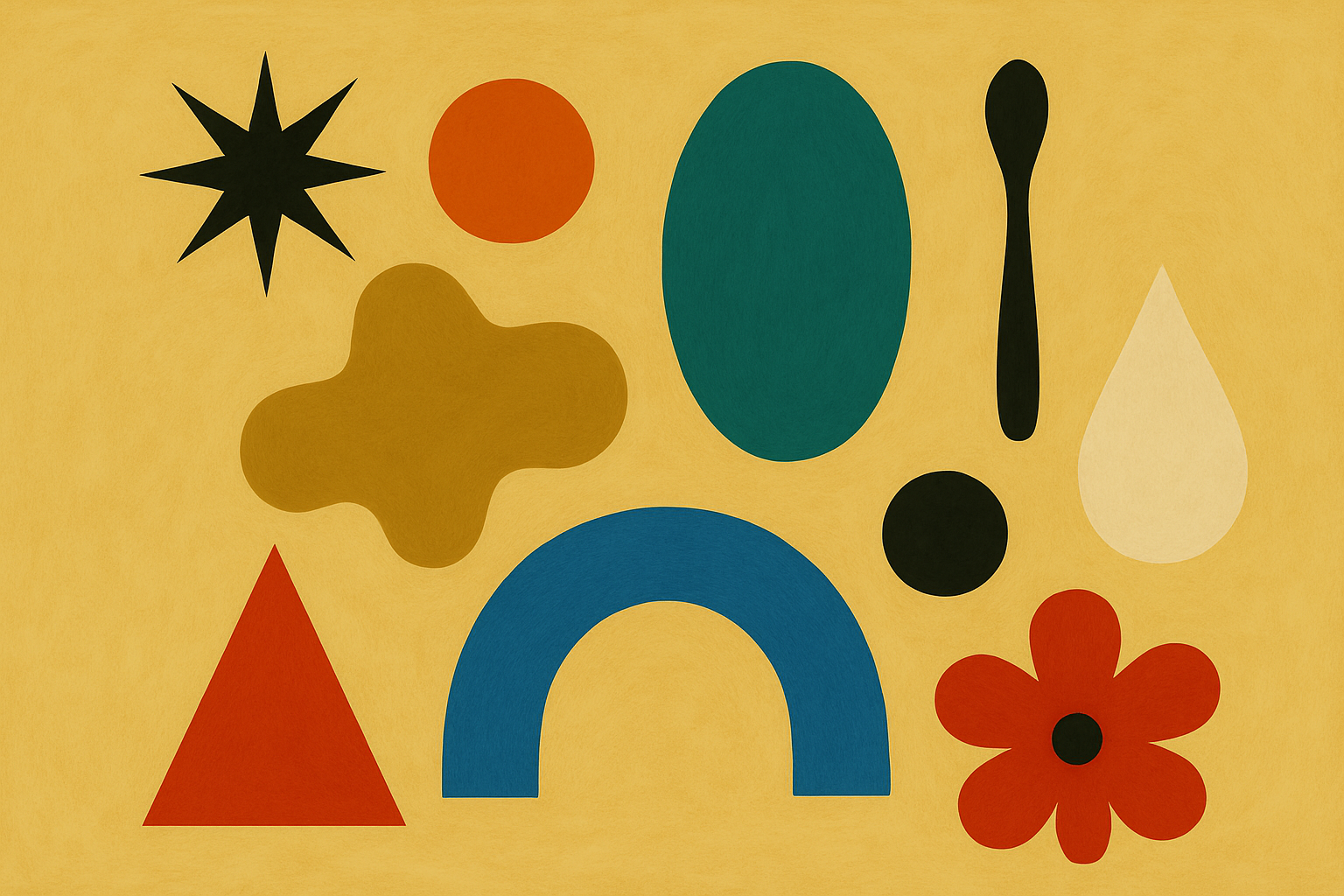Jay offers psychotherapy, counselling and Jungian analysis in a quiet, private garden consulting room in Clapham, just minutes from the Northern Line.
He brings warmth, depth and clinical expertise to his work with individuals facing anxiety, relationship struggles, life transitions or a sense of being lost or stuck.
Each person is met with care and thoughtfulness, with space to explore what may have felt overwhelming, contradictory or out of reach.
Jay offers a confidential, safe and respectful environment which enables his clients to think about their feelings through considering their life experiences. These may encompass general daily life anxieties or complex and difficult situations. He thinks that finding a counsellor or psychotherapist who is able to understand can feel like a relief while also feeling like a big decision to consider beginning therapy.
Jay writes:
My approach is psychodynamic, analytic and relational and I believe that each person is unique in the way that they experience life with its dilemmas, conflicts, traumas, contradictory feelings, desires, dreams, hopes and aspirations. My therapeutic approach focuses on the client and to help them find a way of developing understandings of their inner-world in a way that does not otherwise feel possible. These developed understandings, together with their experience of the external world, help provide purpose and meaning in finding a way forward.
Each person considering seeing a counsellor or psychotherapist has different needs and concerns. Areas that often require consideration are:
Personal Development ~ the need or desire for increased understanding, meaning and fulfilment. Often the demands of personal and professional relationships may require increased self awareness which can then lead to a greater clarity of thought and feeling processes which in the past may often have been hindered.
Relationship Experiences ~ understanding oneself and one's realtionship to others is complex. Relationships can often be intricate and difficult, and, particularly when conflicts arise, can feel lonely as one tries to find a way to move forward. Painful and unresolved feelings can often be linked to past patterns, and relief can be achieved through discovering insight and understanding.
Times of Crisis ~ crisis can arrive in many ways, such as moving house, moving job, redundancy, work burn-out, relationship break up, divorce, loss and bereavement, illness, trauma or abuse. These difficult experiences may require a non-judgemental place to be heard and helped to work through as they are ready to be expressed.
Lack of Vitality in Making Change Happen ~ deep-seated change may be desired but help may be needed to develop this. Time, space and understanding may be required to reflect, evaluate and explore, in order that some new experience can arrive or evolve from within.
Feeling at a Loss, feelings of having lost your way ~ feeling at a loss about situations or internal experiences can leave a person dreadful aloneness. There are also times where daily life takes over and a person can begin to wonder where they are going, or why they find themselves doing what they are doing which can often be marked by feeling lonely and feeling it hard to be heard and a desire to re-connect with what matters but not knowing where to start.
Low, Down or Depressed Feelings ~ these feelings can be characterised by experiences of ongoing irritability or annoyance, worry, stress, sense of futility, confusion, ambivalence, sudden mood changes, listlessness, lonliness or anxiety. Often depression cannot be explained or rationalised but leave the person either numbed or anxiously casting around for a way to find understanding and resolution.
Anxious Feelings ~ there can be times, themes or patterns of feeling misunderstood, overwhelmed, abandoned or rejected. The nature of these feelings can leave the person feeling alone, lonely full of dread and needing to find a calm place of relief inside.
Stress ~ stress can affect how a person feels on daily basis. This can be either from home or work life or a lack of work-life balance. Achieving in professional areas can challenge and complicate personal relationships and everyday well being.
Pressure ~ feeling under pressure can arrive from what seems like nowhere. This can cause feelings of panic, distress and a need to find some way out of what may have become a dark and unpleasant place. Pressure can seriously affect value systems, and taking time to talk this through with a professional can sometimes be helpful in finding ways of naming dreadful feelings which can help with a possibility of more meaningful clarity.
Angry and Resentful Feelings ~ anger, rage, and resentment can be confusing and difficult to deal with, sometimes arriving when least expected, and then emerging in moody behaviour affecting relationships. Difficult feelings like these often need to be heard but can be easily misunderstood when voiced before they have been carefully examined and thougth through sufficiently to establish the core of their meaning.
Life Complexities and Difficulties ~ making sense of who you are in the world can feel disorientating and disturbing in trying to find a way forward. This can be affected by concerns around questioning or seeking to understand personal, gender or sexual identity. Thoughts about parenting, or having been parented can affect many people and can often be frustrating for those wanting to find ways towards validating choices and making decisions.









